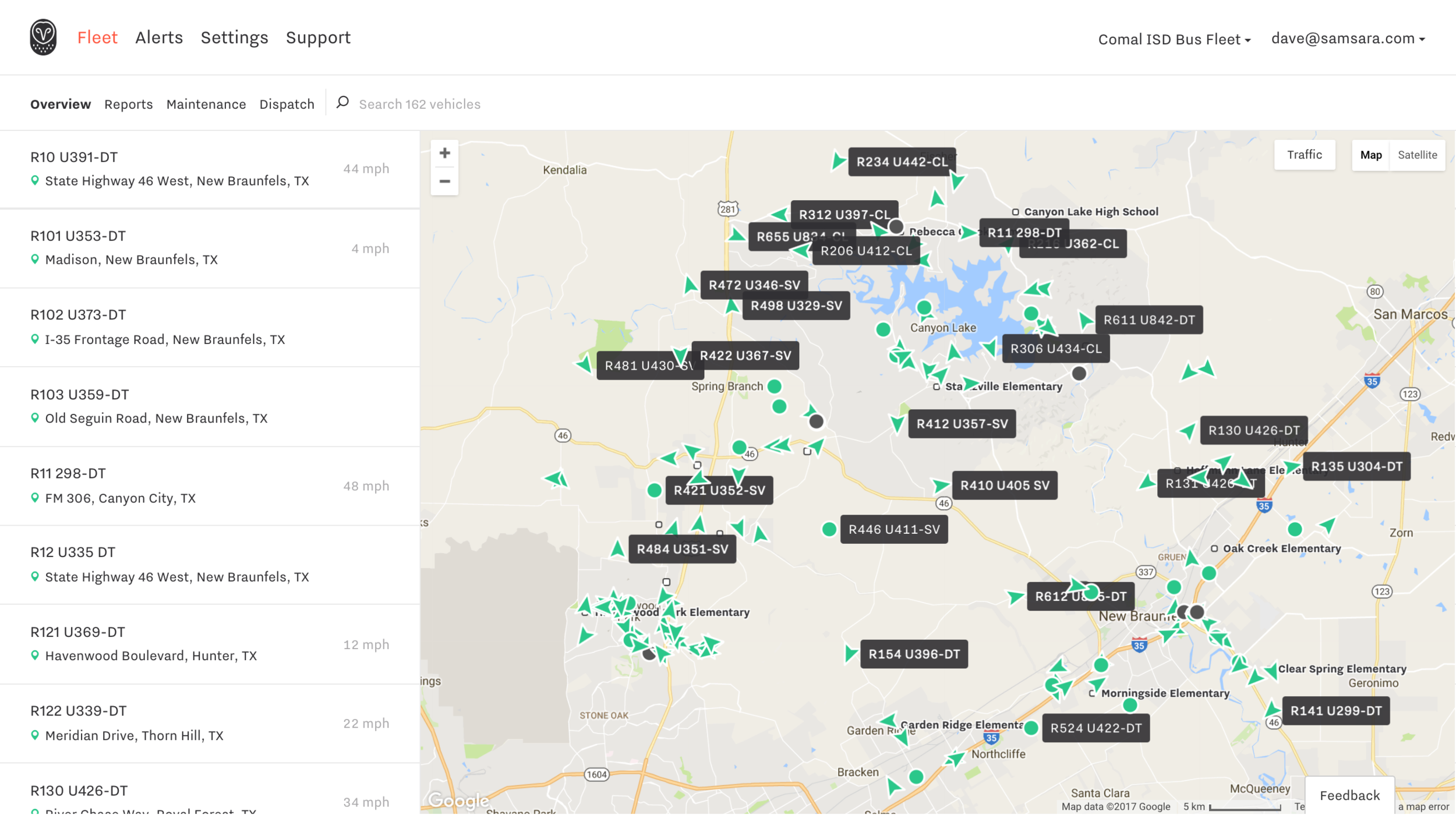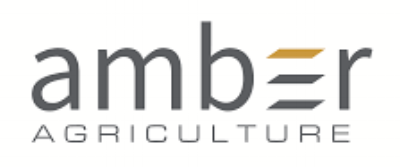6 River Systems
/Overview
6 River Systems is a robotics startup that creates warehouse fulfillment robots and AI systems. The team builds both the AI software that manages the robots as well as the physical robots themselves. In most fulfillment warehouses today workers pick items for shipping off the shelves by following a piece of paper and manually picking their route. In contrast, 6 River systems has the worker or "picker" as they are called in the industry follow the robot as it optimizes for the route while picking items off the shelf and giving them to the robot to carry. The system dramatically increases the key metric in fulfillment centers of items picked/ hour. Their system is quick to deploy, easy to use, and generates value from the first day of deployment. Customers include 3rd party logistics companies, industrial suppliers, traditional retailers, and young eCommerce companies.
6 River Systems differs from Amazon's famous Kiva robots by having the pickers go to the item whereas in Amazon's fulfillment centers the robots actually bring the shelves to the picker. 6 River Systems will never have the throughput of Amazon style systems, as they don’t eliminate walking, but they are able to sell their product with much less equipment and for far less than an Amazon style system. The company likes to describe this as having 80% of the benefit of warehouse robotics at 20% of the cost.
In terms of business model the company sells the systems and software as well as offers a Robotics as a Service option where they lease the robots out. The Robotics as a Service offering is popular as many companies in this space have thin operating margins and don't like to make expensive capital expenditures. 6 River Systems robots will be used at 30 sites by the end of this year.
The company is based in Boston and has 60 people.
Why I like Them
eCommerce continues to boom and will grow over the coming years globally as physical retail continues to shrink. Automating fulfillment centers will only become more important as companies try to stay competitive. 6 River Systems has the perfect product offering to replace what today is mostly a manual process. Collaboration robotics, where both a human and robot work together simultaneously, is the big trend to watch over the next decade in the field.
Like a number of people who follow the technology industry I am very excited for the future of robotics and automation. The team was kind enough to explain their view that the reasons robotics is starting to see widespread adoption today include the intersection of:
- The miniaturaization and drop in costs of hardware including sensors, mainly due to the growth of the smartphone industry
- The rise of Open Source software allowing for accelerated software development especially by small startups
- Cloud based computing allowing infinite computing capacity for a low cost
Disclosure: I have spoken to members of the team.












